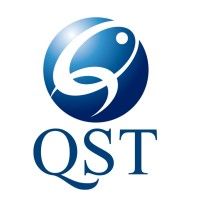Metabolic dysfunction-associated steatotic liver disease (MASLD) encompasses a complex interplay of metabolic and cellular stress pathways. Disruptions in several metabolic processes, including endoplasmic reticulum (ER) stress, glutamine metabolism, and ferroptosis, are key in the initiation and progression of MASLD. Although ghrelin confers protective effects against MASLD, its mechanism of action remains unclear. This study aimed to investigate the role of ghrelin in MASLD management and lipid reduction. Male C57BL/6J mice were fed a high-fat diet (HFD) for 12 weeks to establish a chronic MASLD model. From weeks 7 to 12, the mice received intraperitoneal ghrelin (10 µg/kg) twice a week. Liver and serum samples were obtained for histological and biochemical analyses. In vitro analysis was performed using HepG2 cells. The findings revealed that ghrelin protected liver cells from oxidative stress and ferroptosis by stimulating stearoyl-CoA desaturase-1 (SCD1)-mediated lipogenesis and the ASCT2/glutaminase-1 (GLS1)/mTORC1 signaling pathway, mitigating HFD-induced hepatic injury. Notably, these protective effects of ghrelin against SCD1-mediated ferroptosis were inhibited by the GLS1-specific inhibitor, BPTES. Additionally, ghrelin exerted protective effects on liver cells in HFD-fed mice by suppressing IRE1α-XBP-1-mediated ER stress signaling. Conversely, the IRE1/XBP1s activator IXA4 diminished the protective effects of ghrelin on glutamine metabolism and ferroptosis. SCD1 deficiency resulted in mTORC1 activation, exacerbating ER stress. SCD1 modulates cellular metabolism and stress responses by regulating mTORC1 activity, forming an interactive closed-loop system. Collectively, ghrelin enhances ASCT2/mTORC1/SCD1 signaling to confer resistance to ferroptosis by inhibiting ER stress-mediated IRE1α-XBP-1 signaling, alleviating ferroptosis and lipid accumulation in the context of MASLD.







